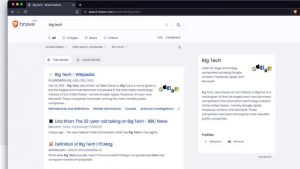
Android Enterprise Essentials expands to aid SMBs in more countries
Android may be the world’s most-used platform for smartphones, this means it is also perhaps one of the most used platforms at work. Employers, however, have often been reluctant to look at and deploy Android phones within their system due to the security of the platform itself and the expenses of managing such phones. Google has been steadily improving Android’s security to fulfill the former also it launched its Android Enterprise Essentials program this past year for the latter. Now Google is expanding the option of this offer to raised protect smaller businesses in key markets around the world.
Android Enterprise Essentials is virtually the “lite” version of what Google offers its enterprise customers with regards to device management. It distills security right down to the requirements, hence the name, allowing small and medium-sized businesses to implement basic mobile security features without requiring training or hiring additional IT staff. Google’s “small improvements with big rewards” spiel will certainly be music to SMB’s ears.
Android Enterprise Essentials covers security policies like enforcing a screen lock or avoiding the sideloading of apps. Device management features include not only remotely wiping a lost or stolen phone but additionally automatically establishing devices which are handed off to employees.

This enterprise offering for SMBs premiered late this past year and was limited by some resellers in america and the UK. This season, Google is expanding the program’s coverage to three more countries and much more resellers in america and the united kingdom. The list now includes Vox Mobile in america; The Barcode Warehouse and Telserve in the united kingdom; LDLC Pro, DAMS, and Saphelec in France; Brodos and Everphone in Germany; and, Synnex in Japan.
Android Enterprise Essentials is primarily targeted at smaller businesses, but Google says it is also an excellent fit for larger organizations with simpler device management needs. Having said that, it could also prefer if those customers eventually upgraded to its more sophisticated and much more expensive Enterprise Management solutions.


